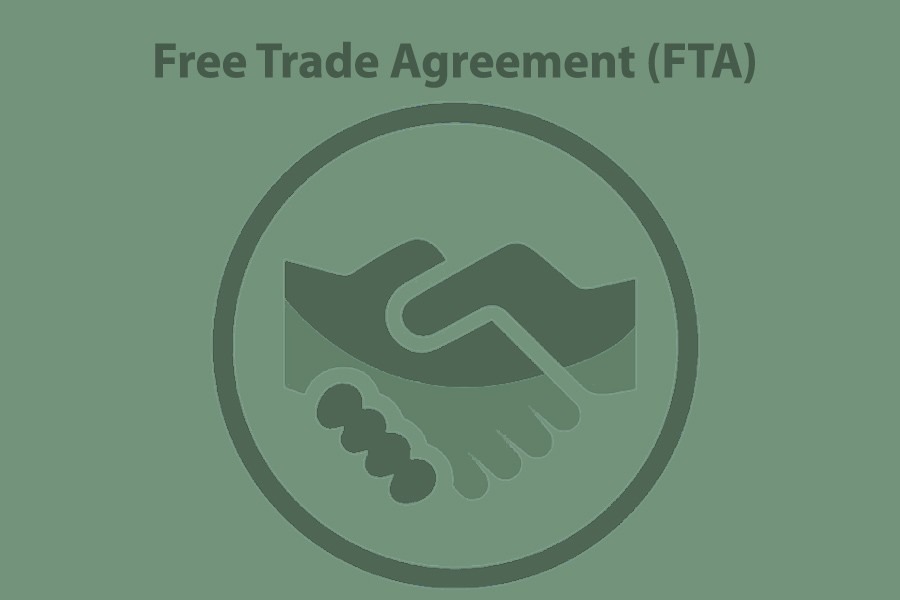
Published :
Updated :

In the present-day world, the prime task of the diplomats is to work for promoting trade and development. As the country's economy is now facing many odds, primarily due to global turmoil, this task has become more important.
Bangladesh's economy has been growing faster than many countries in the recent years. The pandemic and the Ukraine war, which heavily disrupted the supply chain and caused a severe forex crisis due to huge surge in the import cost, have affected its pace of growth.
Sanctions by the Western countries against Russia fuelled unprecedented rise in energy, foodgrain and fertiliser import costs. These have eroded the once comfortable foreign exchange reserves. This requires exploration of new avenues through which these products can be channelled to the domestic market at cheaper prices. Many countries in the world, like India managed to do so through successful diplomatic efforts.
To some extent, Bangladesh has also been able to source some of these commodities at reasonable prices through diplomatic negotiations. Continuation of this effort is imperative as the negative factors are still hurting the economy.
There are other challenges ahead for our diplomats.
The country is on the path of graduating to the middle income country and set to be deprived of the duty-free market access to many countries which it has been enjoying as a Least Developed Country (LDC).
To offset the duty-related shock after graduation, the use of instruments like free trade agreement (FTA) or preferential trade agreement is crucial, as through these mechanisms it may gain duty-free market access to the major economies. The foreign office needs to play a pivotal role in this regard.
Bangladesh is already in talks with several countries like China and Japan on inking FTAs. With India, the country initiated negotiations on Comprehensive Economic Partnership Agreement (CEPA) of which FTA is a major component. Leaders of both countries, Prime Minister Sheikh Hasina of Bangladesh and her Indian counterpart Narendra Modi, have already made their commitment to materialise this instrument during their latest summit meeting last year.
Another major instrument is Regional Comprehensive Economic Partnership (RCEP) which is considered a high-quality, modern and comprehensive FTA covering 10 member states of the Association of Southeast Asian Nations (ASEAN) and its five FTA partners. An outstanding feature of the RCEP is that it represents the world's largest FTA, comprising about 30 per cent of global GDP and about a third of the world population.
Though Bangladesh in principle agreed to join the platform several months ago, it postponed its decision in this regard until the passage of the national election apparently due to geopolitical reasons as RCEP is known as a China-led trade alliance. So piloting a smooth entry into RCEP without ruffling feathers will be a major challenge for the foreign ministry in the new year.
Same can be said for Indo Pacific Forum patronised by the US, Global Development Initiative launched by China as the government despite unofficially agreeing to join these platforms, failed to formally announce its decision officially.
Another big challenge is to begin the repatriation of over one million Rohingya refugees, who fled their homeland in the Rakhine State of Myanmar since August 2017 in the face of brutal crackdown by the Myanmar security apparatus.
As Bangladesh is evidently under tremendous pressure socially and economically due to the presence of such a huge number of refugees, a quick move to start the repatriation is essential.
Another prime issue is to gear up diplomatic efforts to counter the allegations of labour abuses in the RMG sector as the major importers like the US and the EU have become highly vocal on the issue and warned of restrictive measures against this sector.
No doubt the foreign office requires a holistic approach to address these challenges. In fact, they need to pull their socks up to ensure success.


 For all latest news, follow The Financial Express Google News channel.
For all latest news, follow The Financial Express Google News channel.